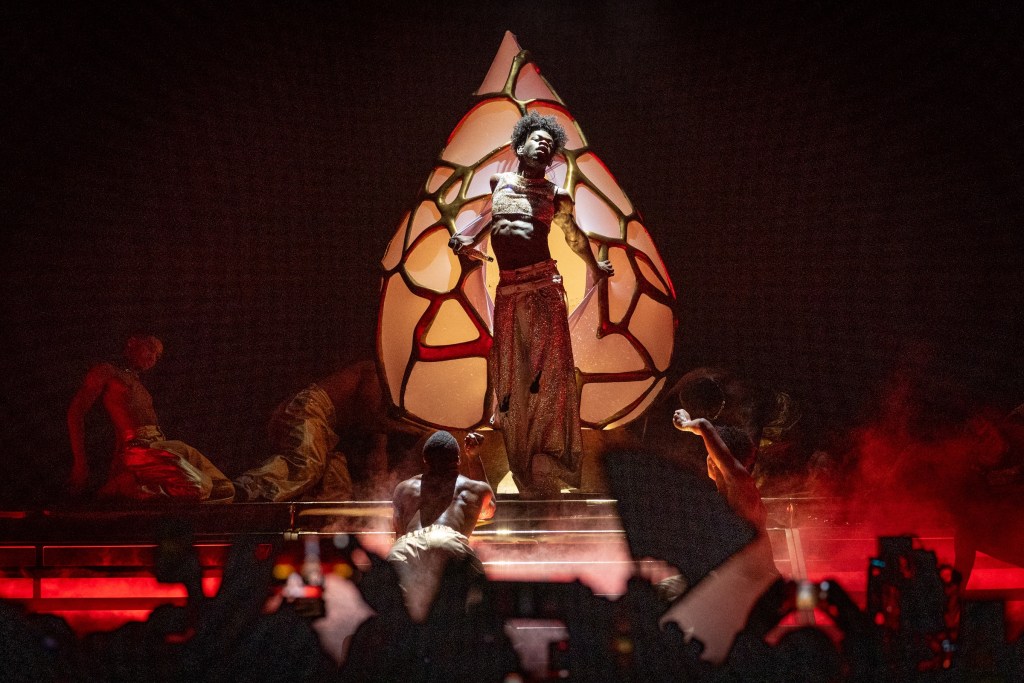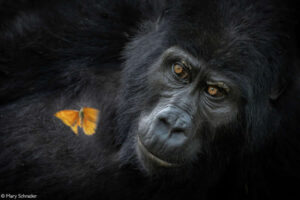Lil Nas X Did Not Steal a Photographer’s Poses, Court Rules


An appeals court recently dismissed a lawsuit brought by a photographer who claimed that rapper Lil Nas X copied poses and artistic concepts used in his Instagram posts. The decision, which affirms that poses in photographs are not copyright protected, is the culmination of a years-long legal battle that began in 2022, when freelance artist and model Rodney Woodland initially filed suit against the musician.
In his legal filing, Woodland cited photos posted on Instagram by Lil Nas X, whose real name is Montero Lamar Hill, that Woodland said resembled his own semi-obscured nude self-portraits. In Hill’s photos, the rapper is shown draped in chains, with photoshopped lights projecting from his groin, turned away from the camera, reclining with intimate portions of his body strategically obscured from view, and floating at a diagonal position in atmospheric settings.
The May 16 decision in favor of Hill, delivered by Judge Kenneth K. Lee of the United States Court of Appeals for the Ninth Circuit, upholds a 2023 ruling by a California district court.

In both cases, the courts found that there were not enough similarities between Woodland’s and Hill’s photos to justify copyright infringement charges, noting differences in motifs, arrangements, backgrounds, lighting, colors, and physical features of the subjects. They referenced the 2018 Rentmeester v. Nike, Inc decision, in which photojournalist Jacobus Rentmeester had accused the athletic giant of unlawfully appropriating his 1984 photo of Michael Jordan in its famous jumpman logo; ultimately, an appeals court ruled in favor of Nike.
Photos at the center of the case included three of Woodland’s self-portraits posted between August 2018 and July 2021 that depicted him with his face obscured and his body adorned with chains. The photographer alleged Hill had copied these photos in a since-deleted 2021 Instagram post promoting his album Montero that showed his body wrapped in chains and his eyes hidden behind a silvery mask.
“The idea in each of the photos is the same — the provocative image of a Black man in chains,” Lee wrote in the decision. “But that idea is not protected — indeed, it is a common motif in many pieces of art.”

The court also pointed out that elements including the background and lighting in another pair of Woodland’s photos, which picture him lying on a stool with his back arched, are different from those of Hill’s Instagram images.
The court further concluded that Woodland failed to prove that Hill had ever seen his self-portraits, pointing out the vast differences in the two artists’ social media reach.
Hyperallergic has contacted Woodland and Hill for comment.





